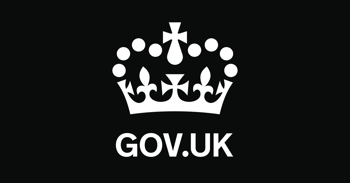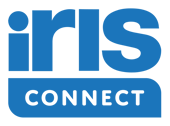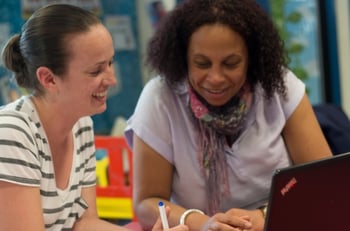In 2016, the government published a new standard for teachers’ professional development in conjunction with the College of Teaching.
Wondering what this means for you? We’ve put together this quick summary of the new standard, so you can get clued up with what you need to know to be able to provide professional development that has a real impact on teaching and learning.
“Every teacher needs to improve, not because they are not good enough, but because they can be even better.” - Dylan Wiliam
Implementation guidance for school leaders, teachers and organisations that offer professional development for teachers
There are 5 parts to the standard, which all need to be acted upon together to ensure effective professional development. These are:
- Professional development should have a focus on improving and evaluating pupil outcomes
- Professional development should be underpinned by robust evidence and expertise
- Professional development should include collaboration and expert challenge
- Professional development programmes should be sustained over time
- Professional development must be prioritised by school leadership – this is the key to the rest!
Part 1 - Professional development should have a clear focus on improving and evaluating pupil outcomes
Professional development should have a clear purpose and link to pupil outcomes.
Activities should:
- Be designed around individual teachers’ existing experience, knowledge and needs
- Be relevant to the context and day-to-day experiences of teachers and their schools
- Be focused on the desired outcomes for pupils
- Ensure individual activities link logically to the intended pupil outcomes
- Involve ongoing evaluation of how changes in practice are having an impact on pupil outcomes
Part 2 – Professional development should be underpinned by robust evidence and expertise
This evidence can come from a range of sources.
Activities should:
- Develop practice and theory together
- Link pedagogical knowledge with subject / specialist knowledge
- Draw on the evidence base, including high quality academic research and robustly evaluated approaches and teaching resources
- Be supported by those with expertise and knowledge to help participants improve their understanding of evidence
- Draw out and challenge teachers’ beliefs and expectations about teaching and how children learn
“Not all professional development is equally effective. Helping teachers to improve their practice takes thought, planning and effort.”- Department for Education
Part 3 – Professional development should include collaboration and expert challenge
Changes to teachers’ practice can be seen when professional development includes collaborative activities that focus on the intended pupil outcomes.
Activities should:
- Have built in peer support for problem solving
- Include focussed discussion about practice and supporting groups of pupils with similar needs
- Challenge existing practice by raising expectations and bringing in new perspectives
- Include support from someone in a coaching and/or mentoring role to provide modelling and challenge
Part 4 – Professional development programmes should be sustained over time
Professional development programmes should typically be sustained for more than two terms.
The programme should:
- Be iterative, with activities creating a rhythm of ongoing support and follow-up activities
- Include complementary one-off activities as part of a wider coherent package
- Offer opportunities for experimentation, reflection, feedback and evaluation
“Effective professional development should be seen as a key driver not only of staff development, but also of recruitment, retention, wellbeing, and school improvement.”- Department for Education
Part 5 – Professional development must be prioritised by school leadership
Professional development should be led well as part of a wider culture of evidence-informed reflection and discussion of teaching practice.
It should:
- Be clear about how pupil outcomes will be improved through professional development
- Complement a clear, ambitious curriculum and vision for pupil success
- Involve leaders modelling and championing effective professional development as an expectation for all
- Ensure that sufficient time and resources are available
- Balance school, subject and individual teachers’ priorities
- Develop genuine professional trust
Read our Head of Education, Christophe Mullings' thoughts about implementing the new standard here.
“Effective professional development for teachers is a core part of securing effective teaching.”- Department for Education
The responsibility of teachers
It’s not just down to those whose duty it is to provide professional development for teachers, the standard promotes the need for teachers and other educational staff to also take control of their own professional learning.
Teachers should:
- Keep their knowledge and skills as teachers up-to-date and be self-critical
- Take responsibility for improving teaching through appropriate professional development, responding to advice and feedback from colleagues
- Demonstrate knowledge and understanding of how pupils learn and how this has an impact on teaching
- Have a secure knowledge of the relevant subject(s) and curriculum areas
- Reflect systematically on the effectiveness of lessons and approaches to teaching
- Know and understand how to assess the relevant subject and curriculum areas
For more detail and to see a table for each part of the standard that outlines exactly what makes professional development as effective as it can be, read the full document here.
To what extent do you think your current professional development meets the new standard?
Discover the surprising stats and facts that every senior leader needs to know about IRIS Connect >




Leave a comment:
Get blog notifications
Keep up to date with our latest professional learning blogs.